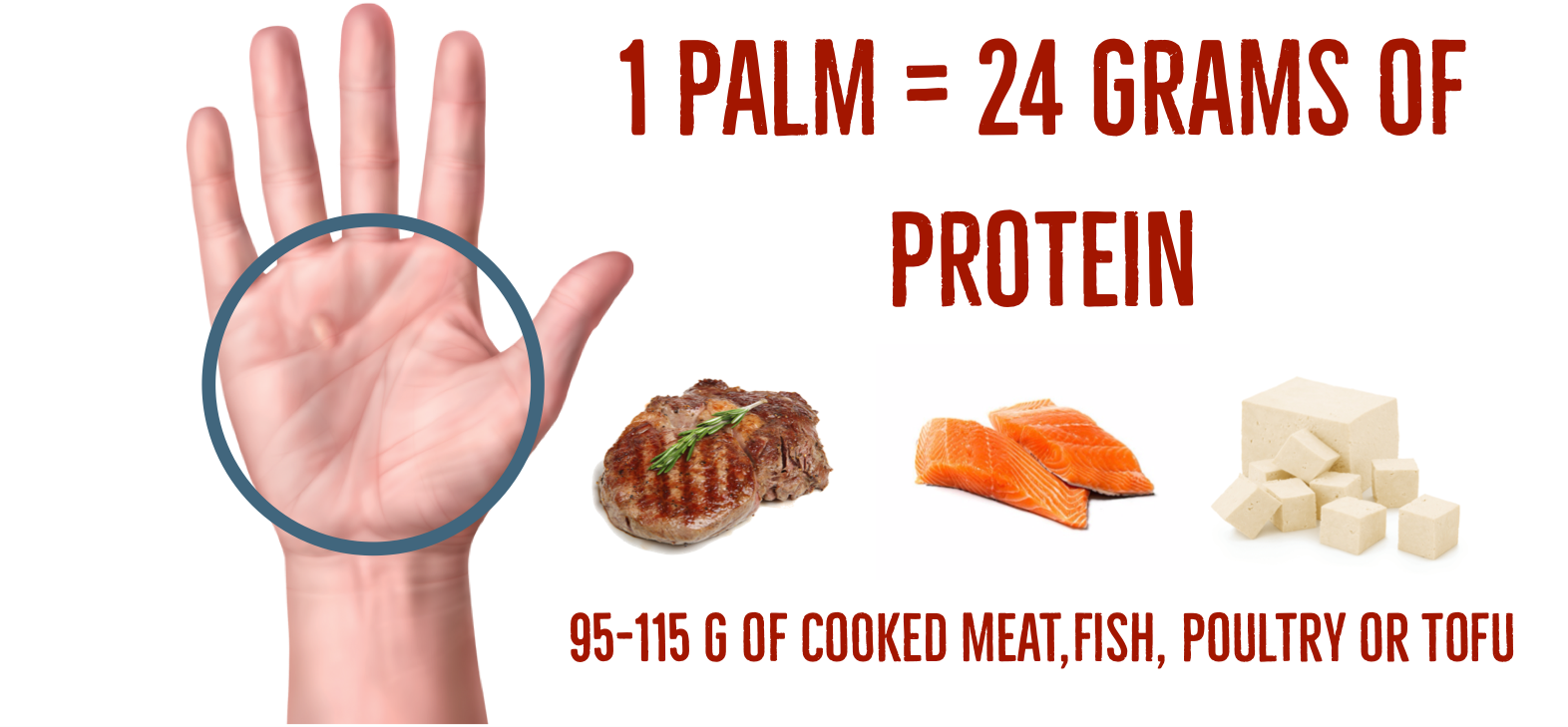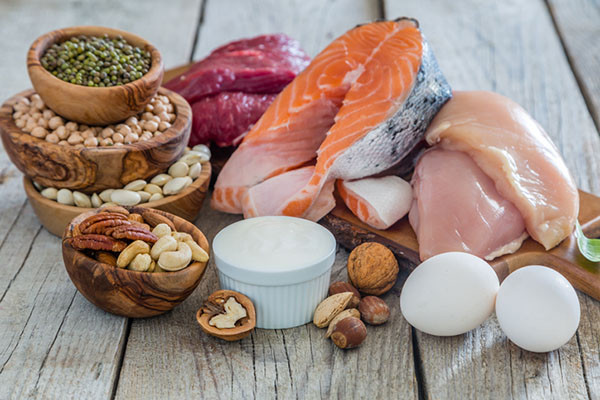![]()
Common Protein Myths: Separating Fact from Fiction
High-protein diets have surged in popularity recently. Proponents tout their benefits for weight loss, muscle gain, and overall health.
While there’s no denying the importance of protein in a balanced diet, many misconceptions about high-protein diets persist. From myths about kidney damage to extreme approaches like the carnivore diet, it’s important to separate fact from fiction.
In this article, we’ll address some of the most common myths about high-protein diets and discuss the potential pitfalls of taking things too far.
Myth 1: High-Protein Diets Cause Kidney Damage
One of the most common myths surrounding high-protein diets is that they can damage your kidneys. This claim likely stems from research showing that people with pre-existing kidney conditions can experience worsening kidney function with a high-protein diet.
However, for healthy individuals, there’s little evidence to suggest that consuming more protein will harm your kidneys. In fact, athletes and active individuals often require higher protein intake to support muscle repair and recovery.
Unless you have a pre-existing kidney issue, a high-protein diet is generally safe. This is especially true when balanced with other macronutrients like fats and carbohydrates.

Myth 2: You Can Only Get Protein from Animal Sources
Animal-based proteins like meat, fish, and eggs are complete proteins (meaning they contain all essential amino acids). But plant-based proteins can also contribute to a high-protein diet.
Foods like beans, lentils, quinoa, and tofu are excellent sources of protein. Additionally, they can be combined throughout the day to ensure you’re getting all the amino acids your body needs.
Moreover, relying solely on animal products for protein is unnecessary. For those who follow plant-based diets, a varied intake of legumes, grains, and nuts can provide sufficient protein without the risks associated with high consumption of red and processed meats.


Myth 3: More Protein Means More Muscle
While it’s true that consuming enough protein is crucial for muscle building, simply eating more protein won’t automatically result in more muscle mass.
Muscle growth occurs when you combine protein intake with proper strength training. Eating excessive amounts of protein without a corresponding workout plan won’t build muscle and could even lead to unnecessary calorie consumption.
The key is to find a balance between your protein intake and exercise regimen. Consuming 1.6 to 2.2 grams of protein per kilogram of body weight is generally recommended for those engaging in strength training.

The Carnivore Diet
While we are on the topic of high protein diets, lets talk about Carnivore.
The carnivore diet takes high-protein diets to an extreme by advocating for the complete elimination of plant-based foods, focusing exclusively on animal products such as meat, eggs, and dairy. Proponents of the diet claim it can improve health by reducing inflammation, promoting weight loss, and stabilizing blood sugar. However, the carnivore diet is not without controversy or risks. Generally, any diet that demonizes a macronutrient or food group is unsustainable in the long term and can lead to nutrient deficiencies, imbalances, or an unhealthy relationship with food.
Negative Side Effects of the Carnivore Diet
1. Nutrient Deficiencies:
Since the carnivore diet excludes all plant foods, including fruits, vegetables, grains, and legumes, it severely limits your intake of essential nutrients like fiber, vitamins C and E, magnesium, and potassium. Over time, this can lead to deficiencies that can harm your immune system, digestion, and overall health.
2. Digestive Issues:
The lack of dietary fiber on the carnivore diet can lead to constipation and other digestive problems. Fiber is essential for gut health, and excluding it entirely can disrupt your digestion.
3. Increased Risk of Heart Disease:
A diet high in saturated fats, common in the carnivore diet due to the heavy reliance on red meat and animal fats, can raise cholesterol levels and increase the risk of cardiovascular disease.
4. Long-Term Health Concerns:
Although some people report short-term benefits from the carnivore diet, the long-term effects can be detrimental. Nutritional imbalances, potential metabolic issues, and heart health risks are all serious concerns for those who follow this diet over an extended period.
The Dr. Paul Saladino Case: A Cautionary Tale
A prominent advocate of the carnivore diet, Dr. Paul Saladino, has made headlines recently after announcing that he had to alter his diet due to long-term health issues. Known for his rigorous promotion of the all-meat diet, Saladino built a significant following by advocating its supposed benefits. However, he revealed that after following the diet for an extended period, he began to experience health problems, including imbalances in his lipid profile and other markers of poor metabolic health.
As a result, Dr. Saladino has now reintroduced plant-based foods, including fruits and honey, into his diet to mitigate the negative effects he experienced while on a strict carnivore regimen. His case highlights the risks associated with extreme dietary restrictions and serves as a reminder that balance is crucial in ANY diet.
Conclusion: Balance Is Key
High-protein diets can be effective and healthy when done in moderation and combined with other nutrients. The common myths around protein—such as fears of kidney damage or muscle gain from protein alone—are often misleading. However, it’s important to avoid extreme approaches, like the carnivore diet, which can pose significant health risks over time.
Dr. Paul Saladino’s experience is a reminder that even the most dedicated advocates of extreme diets can face serious consequences. For optimal health, aim for a balanced diet rich in whole foods, including a variety of protein sources, healthy fats, and plenty of fruits and vegetables.
You don’t need to eat a steak at every meal to meet your protein needs. Incorporating affordable and accessible protein sources, including local options like fish, eggs, and legumes, makes a high-protein diet more sustainable.
Always consult with a healthcare professional or nutrition coach before making major changes to your diet, especially if considering extreme diets.
Author: Brandon Sefo



